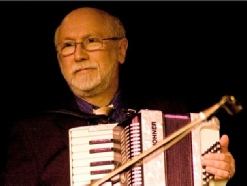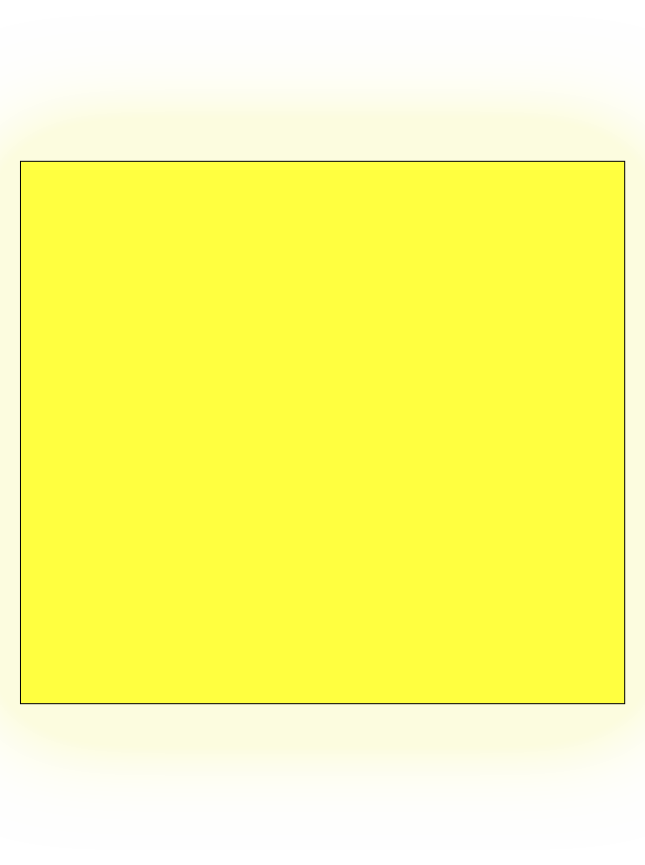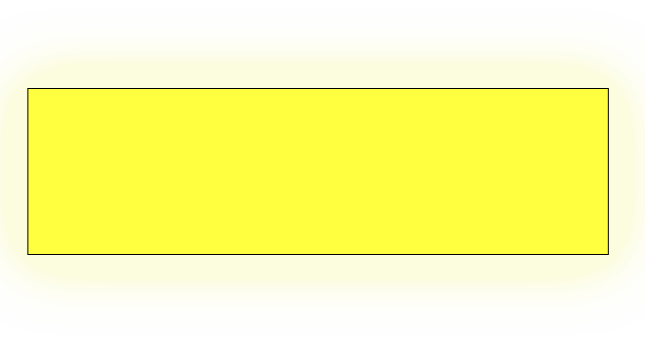Three Songs from
Alan Reid
Keyboardist, singer, guitarist, accordionist, songwriter, Alan performed with the Battlefield Band for 40 years.


TO A MOUSE, by Robert Burns (music by Alan Reid)
In my later years in Battlefield Band it was suggested by the band's manager, Robin Morton, that I try to put a melody to this poem. It's a poem that every child of my generation in Scotland was taught and is one that I love, not least for its confident and vibrant use of Lowland Scots. I was highly dubious about fitting a melody to this metre. To my mild astonishment I managed to come up with this (to my mind Breton sounding melody) in less than five minutes.
For children the poem is comprehensible as a mouse's world turned upside down by the farmer's plough (coulter). To an adult the theme of our lives being subject to forces beyond our control (whether fate or whatever) and, like the mouse, feeling insignificant in terms of the endless universe we live in is one that taps into our human feelings of vulnerability. From the line that John Steinbeck borrowed (“the best laid schemes of mice and men gang aft agley”) to the last couplet (“and forwards though I cannae see, I guess and fear”) we are reminded of our human frailty.
But the poem also reinforces the idea that we humans are part of a chain of being and that we coexist with other creatures. “I'm truly sorry man's dominion has broken Nature's social union.”
Unlike other species we also have the capacity to tamper with the physical world we inhabit. With that comes great responsibility. From ploughing fields to genetic agriculture, from drilling underground and undersea to atomic energy, in a host of other activities the human race has now the power to drastically alter the landscape of our lives and potentially even destroy our world. And that, I feel, is a message we can take from this Burns poem today. In these troubled times we should respect our planet and never forget the responsibility or the obligation we have to the generations that follow us.
-

SCOTS WHA HAE, by Robert Burns
This song was sent for publication by Burns in 1793 but he didn't want his name associated with it. Why? For one thing there was a febrile atmosphere in the country. The loss of America to Britain was still fresh in the memory while the 1789 French Revolution had sent shockwaves throughout Europe's establishment elites. They were fearful that the 'disease' of liberty, equality and fraternity would spread like wildfire. Much closer to home a young lawyer named Thomas Muir was on trial for sedition because of his links with French Radicals and the United Irishmen and more especially for his involvement in a U.K. wide society called The Friends of the People. Their crime was to agitate to extend the franchise from the tiny minority who were eligible to vote to include, for example, the new merchant classes emerging in the industrial revolution. Muir underwent a show trial and was sentenced to 12 years hard labour in Botany Bay (he incidentally managed to escape in Australia and was rescued by an American ship sent to pick him up on the orders of none other than George Washington).
More crucially for Robert Burns was his post as an exciseman, in other words he was a government employee. It was a job he could ill afford to lose. And so in this politically charged climate it was dangerous for him to espouse any radical views. That is the reason he framed this song of freedom in the past, during the 14th century wars of Scots independence.
We can see this song not just as a patriotic call to Scots but as an allegory for the freedom of any nation, and by extension for the citizen's right to freedom, which includes freedom of speech. Burns no doubt was referencing the 1320 Declaration of Arbroath, the document which asserts the rights of the Scottish nation and which some claim to be a document that inspired the U.S. Declaration of Independence document. The great 20th century Scots poet Hugh MacDiarmid once said that one had to be a nationalist before one could become an internationalist. And Burns was certainly an internationalist. Much of his poetry and song celebrates the brotherhood of peoples. So what we can take from Burns today is yes, we should be proud of who we are, yes we should be able to express our views freely and yes we should engage with each other as individuals and as nations. To do otherwise, to look inwards and spread division and intolerance, is to follow a dangerous path that can lead to conflict, just like the signs on the highway that say 'Wrong Way'.
-
Alan’s comments about this selection:
Alan’s comments about this selection:

View the lyrics

View the lyrics


THE MIGHTY WALL, by Alan Reid, 2017
The poet Robert Burns is unique in the English language (or mainly Lowland Scots if you will) for having dozens of his songs still being sung in large parts of the world more than 200 years after his death. His themes are universal ones and they speak of our virtues as well as our frailties. He was a lover of life and the fellowship of humankind. This very new song (and rough demo) tries to echo his belief that we share more than what divides us, and moreover, in these fractured times we need more bridges and fewer walls.
Alan’s comments about this selection:
View the lyrics







